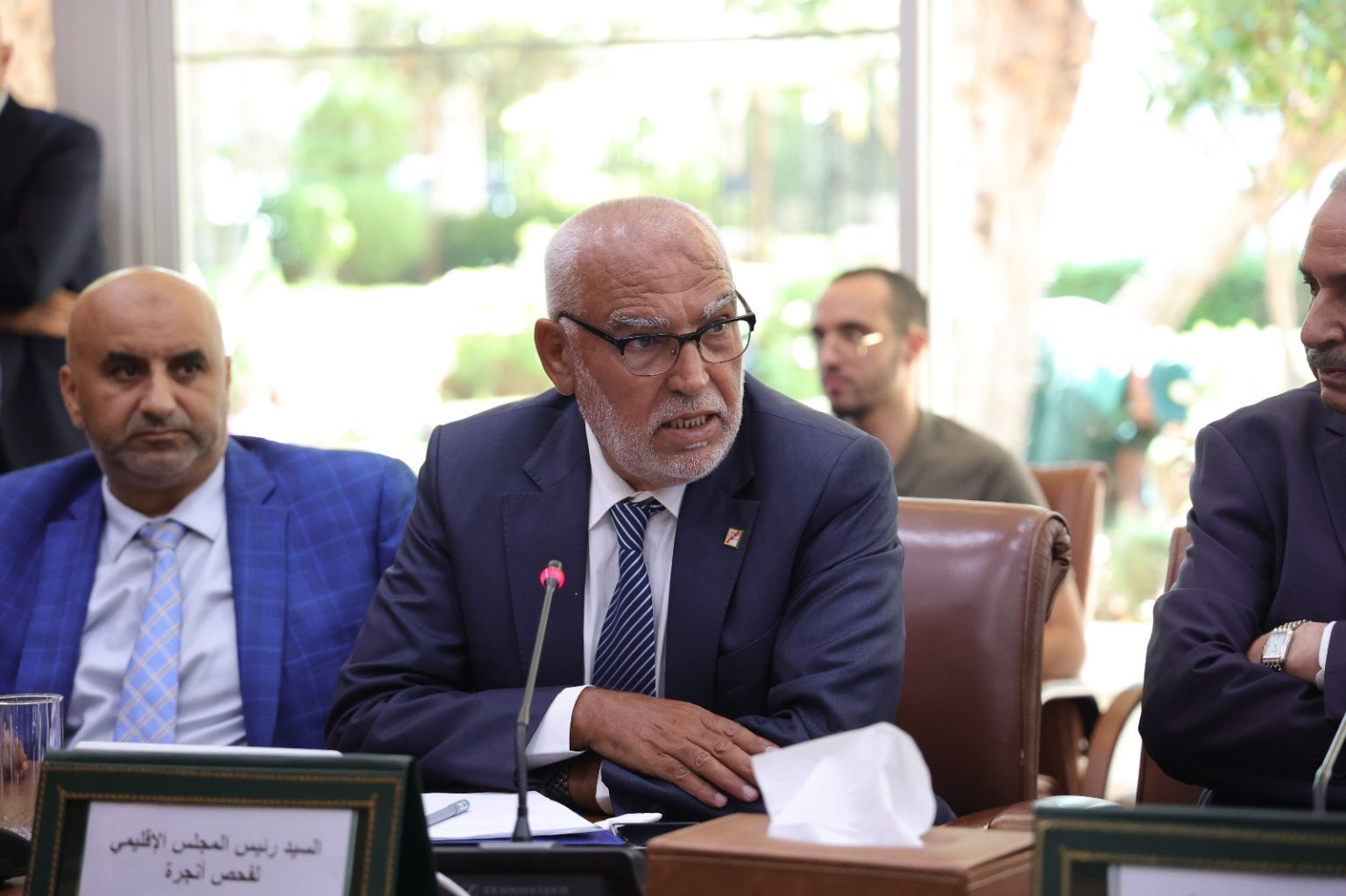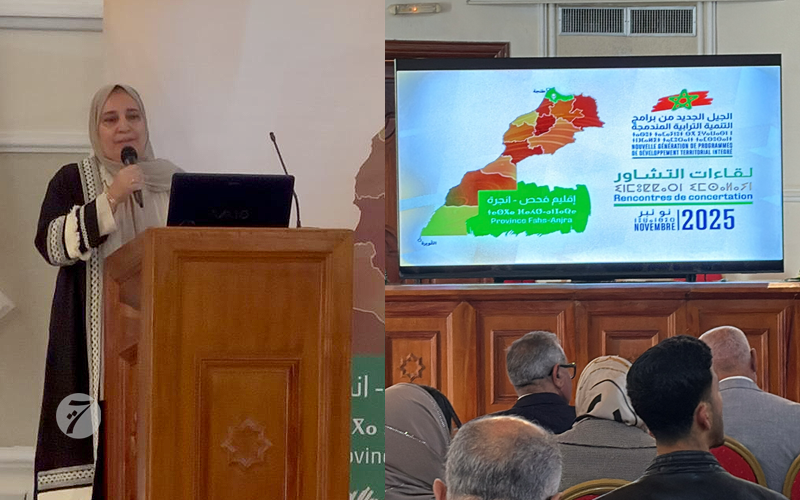The European Union is moving towards ending the legal clock change between “winter and summer,” led by Spain, which has revived a long-dormant European proposal.
In Morocco, citizens continue to await the government’s stance, with renewed calls for a return to standard time, particularly in light of growing criticism regarding its negative impact on health and daily life.
### Europe: Spain Leads the Campaign to End the Shift by 2026
Spanish Prime Minister Pedro Sánchez announced Spain’s intention to re-launch the call at the European level to end the biannual clock change, proposing a commitment to permanent winter time starting in 2026.
This announcement follows the clock change on October 26, which could be the last official shift if the proposal is successful. This comes amid ongoing European discussions since 2018, when Brussels suggested ending the system, which stalled due to disagreements among member states over the commitment to either summer or winter time.
The Spanish proposal is supported by other calls within the Union, as polls in most member countries indicate a significant majority favor ending the system, highlighting health benefits such as reduced sleep disruptions and seasonal depression, alongside the lack of concrete economic benefits from the system.
This Spanish push presents a timely opportunity to end the annual drama, especially as the end of the year approaches and discussions in the European Parliament resume.
### Morocco: Parliamentary Calls for a Return to Standard Time
On the other side of the Mediterranean, Morocco faces a similar challenge, having adopted a permanent summer time since 2019, with a temporary exception during Ramadan for a return to standard time. However, public and political demands to end it altogether are resurfacing, particularly after the clock moved forward on April 6, which sparked widespread criticism due to early morning darkness and its impact on students and workers.
In this context, parliamentarian Hanan Atrakin, a member of the Authenticity and Modernity Party in the House of Representatives, called on Prime Minister Aziz Akhannouch to clarify his official position on the possibility of abolishing the extra hour, noting that Morocco’s geographical location necessitates adherence to standard time to ensure a balance in daily and economic life.
Atrakin emphasized that this request aligns with global trends, especially in Europe, to avoid negative repercussions on public health.
This appeal reinforces a broader discussion campaign within Morocco, where many believe the current system disrupts biological rhythms, negatively affecting productivity and mental health, with no official studies proving its economic or productive benefits.
Last September, as the school year began, parents and teachers expressed concerns about delayed sunrise, which makes the journey to schools more dangerous, reigniting the debate on social media.
Source
















